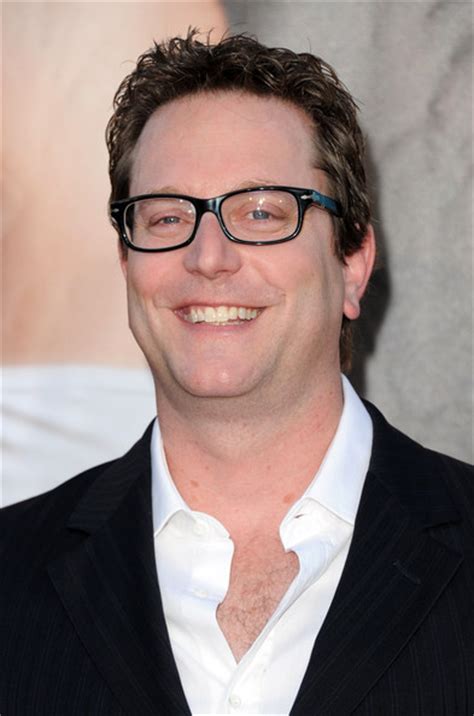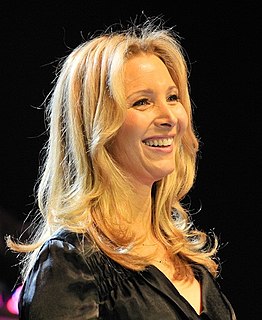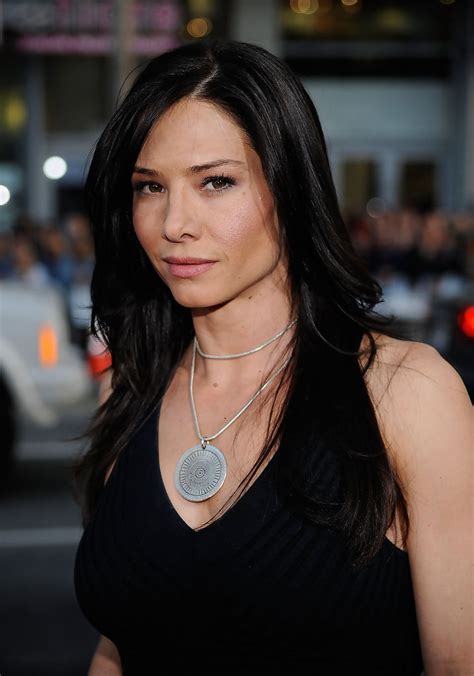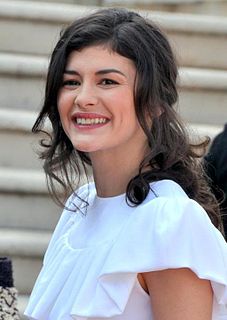A Quote by Dick Van Dyke
A lot of actors seem to dislike typecasting these days. The funny thing is, that's a fairly recent development. It used to be that actors wanted to be typecast so audiences could remember them and identify with them.
Related Quotes
People who do not have funny in them are not funny when they read funny lines. Sorry. Just doesn't work that way. Seriously, this is the biggest rule of all. You live and die with your casting decisions. Your actors are the heart and soul of the whole thing. Without brilliant actors, you will not have a brilliant film.
Actors are professionals who deal with people's emotions and their thoughts. So, working with this very intelligent, smart cast meant that sometimes I would only have to start speaking a word and these wonderful actors would immediately catch onto what I wanted them to portray, and how I wanted them to act.
You work with every actor differently. It's like if you're a mother, if you have children, some children need more discipline. Other children you back off of a little bit and let them be. It's the same way with actors. Some actors need a lot of hand holding. Other actors like to be let be and you let them go. Some actors like to be nudged just a little bit. Some actors don't mind line readings.
Actors, I think, are all the same. Both Korean actors and American actors are all very sensitive people, and they are all curious to know what the director thinks of them and how they are evaluated, and they try to satisfy the director. And they like it if you listen carefully to their opinions and accept them.
I like to think in camera, but at the last minute the most important thing is that there is something happening between the actors. But good actors can have a lot of scenes going around them but sometimes it sort of helps the performance because it takes their mind off of who they are supposed to be.
You work with every actor differently. It's like if you're a mother, if you have children, some children need more discipline. Other children, you back off of a little bit and let them be. It's the same way with actors. Some actors need a lot of hand holding. Other actors like to be let be, and you let them go.
For me, a lot of these actors are new. For me, I only worked with Finn Whittrock and Michael Chiklis. So a lot of these actors are people I've been a huge fan of for years and are bucket-list actors for me to get to work with. It's pretty surreal now getting to step into scenes with them.You all get to find your characters together.


































